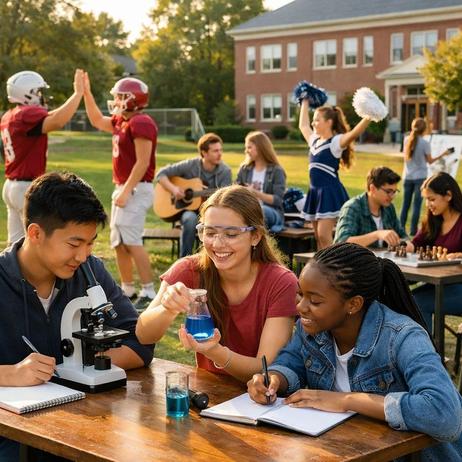Understanding Private School Costs in 2026
Private school tuition continues to rise, with the National Center for Education Statistics (NCES) reporting an average annual tuition of $18,400 for elementary schools and $23,200 for secondary schools in the 2025–26 academic year. These costs vary widely depending on school type, location, and program offerings. Boarding schools generally charge significantly more, with annual tuition ranging from $50,000 to $75,000, including room and board. NCES data shows that the fastest increases are occurring in independent schools with extensive extracurricular programs.
Additional costs often include registration fees, textbooks, uniforms, technology fees, and extracurricular activities. Parents should anticipate an extra $1,000–$3,000 per year for these expenses, depending on the school.
Tuition Payment Options and Policies
Most private schools offer several payment options, including annual, semester, and monthly plans. In 2026, a growing number of schools provide flexible payment software that automates billing and allows parents to manage tuition online. Early payment discounts remain common, typically ranging from 2% to 5%.
Some schools now allow income-based payment arrangements for families demonstrating financial need. Policies can vary, so parents should review the school’s financial agreement carefully and consider the total cost, including hidden fees.
Financial Aid and Scholarships
Financial aid is a critical tool for many families. Approximately 25% of students at independent private schools receive some form of financial assistance, according to the National Association of Independent Schools. Aid packages may cover partial tuition or, in rare cases, full

























